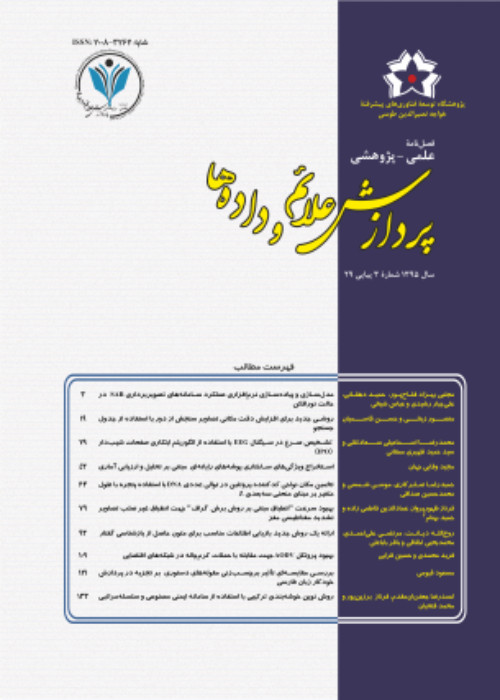A New WordNet Enriched Content-Collaborative Recommender System
The recommender systems are models that are to predict the potential interests of users among a number of items. These systems are widespread and they have many applications in real-world. These systems are generally based on one of two structural types: collaborative filtering and content filtering. There are some systems which are based on both of them. These systems are named hybrid recommender systems. Recently, many researchers have proved that using content models along with these systems can improve the efficacy of hybrid recommender systems. In this paper, we propose to use a new hybrid recommender system where we use a WordNet to improve its performance. This WordNet is also automatically generated and improved during its generation. Our ontology creates a knowledge base of concepts and their relations. This WordNet is used in the content collaborator section in our hybrid recommender system. We improve our ontological structure via a content filtering technique. Our method also benefits from a clustering task in its collaborative section. Indeed, we use a passive clustering task to improve the time complexity of our hybrid recommender system. Although this is a hybrid method, it consists of two separate sections. These two sections work together during learning. Our hybrid recommender system incorporates a basic memory-based approach and a basic model-based approach in such a way that it is as accurate as a memory-based approach and as scalable as a model-based approach. Our hybrid recommender system is assessed by a well-known data set. The empirical results indicate that our hybrid recommender system is superior to the state of the art methods. Also, our hybrid recommender system is more accurate and scalable compared to the recommender systems, which are simply memory-based (KNN) or basic model-based. The empirical results also confirm that our hybrid recommender system is superior to the state of the art methods in terms of the consumed time. While this method is more accurate than model-based methods, it is also faster than memory-based methods. However, this method is not much weaker in terms of accuracy than memory-based methods, and not much weaker in terms of speed than model-based methods.
- حق عضویت دریافتی صرف حمایت از نشریات عضو و نگهداری، تکمیل و توسعه مگیران میشود.
- پرداخت حق اشتراک و دانلود مقالات اجازه بازنشر آن در سایر رسانههای چاپی و دیجیتال را به کاربر نمیدهد.


